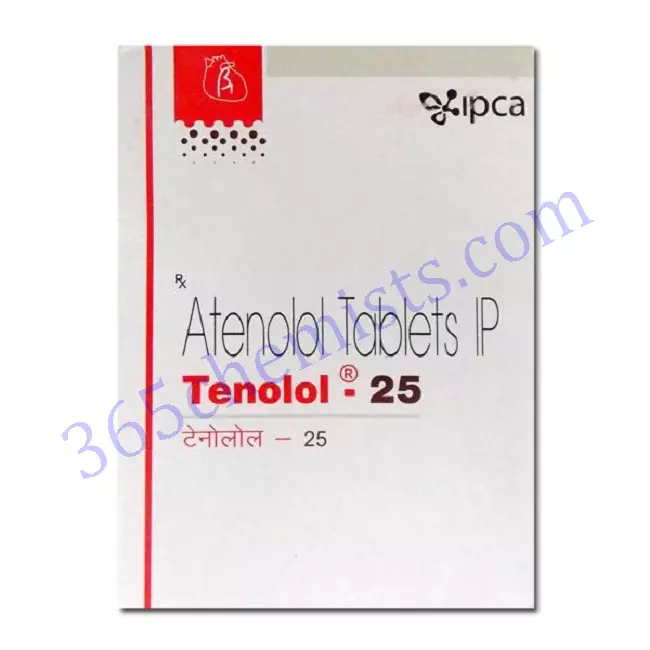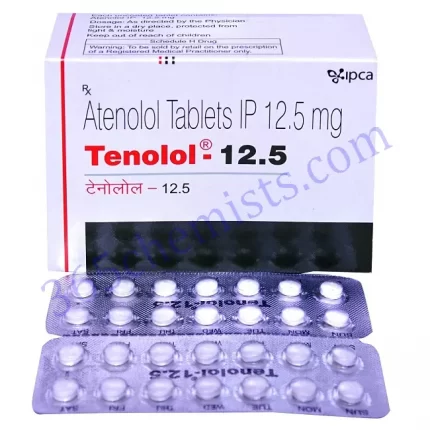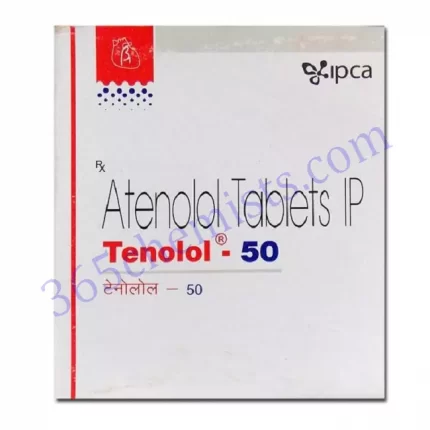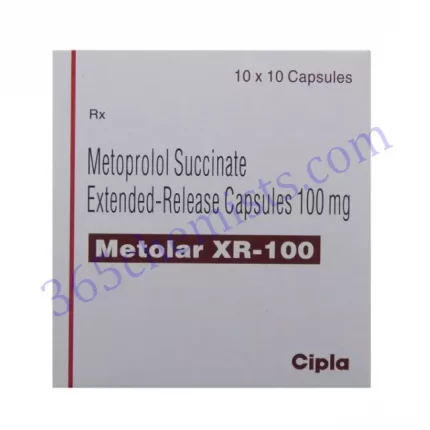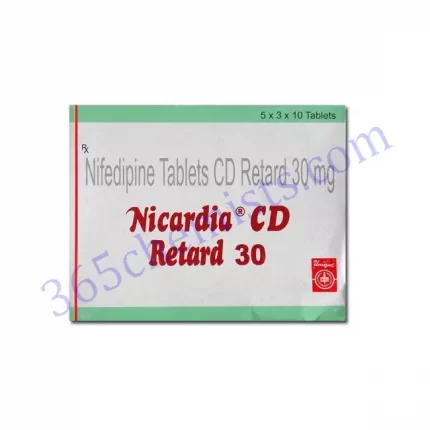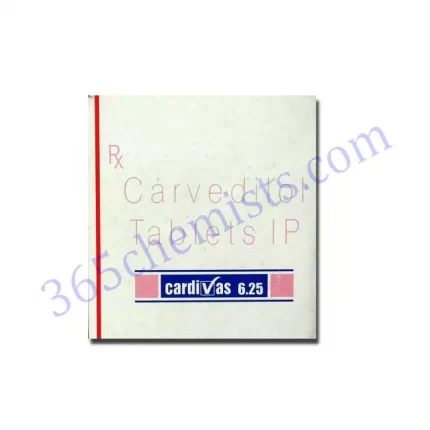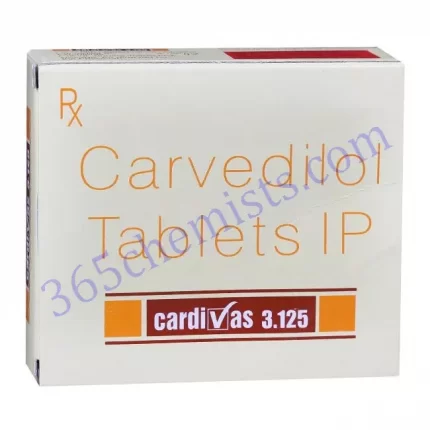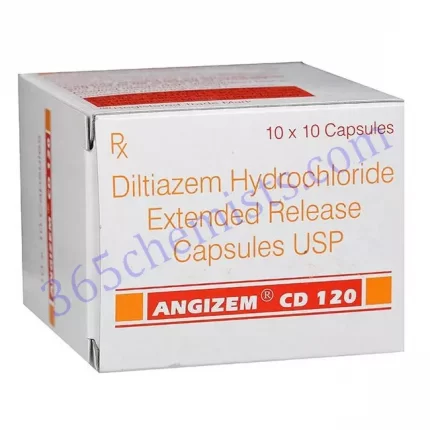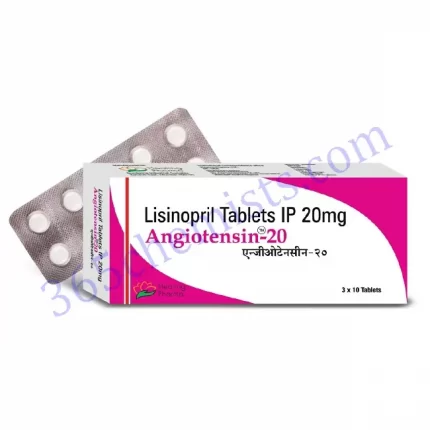Introduction to Tenolol 25mg Tablet
Atenolol is the active component in the medication that is known by the brand name Tenolol 25mg Tablet. It is a beta-blocker, which is a class of medication that is frequently prescribed for the treatment of hypertension (also known as high blood pressure), angina (also known as chest pain), and other conditions related to the heart’s rhythm. It is important to have a thorough understanding of the usage, dosage, precautions, and potential adverse effects of Tenolol 25mg Tablet in order to ensure that treatment is both safe and effective.
How Does Tenolol 25mg Tablet Work?
Tenolol 25mg Tablet works by blocking the action of certain hormones, like adrenaline, that have an effect on the heart and blood vessels. This allows the medication to achieve its desired therapeutic effect. It does this by going after beta receptors in the heart, which leads to a slowing down of both the heart rate and the cardiac output. Tenolol 25mg Tablet assists in the reduction of blood pressure, the relief of chest pain, and the improvement of heart function. It does this by easing the workload placed on the heart and by relaxing the blood vessels.
Usage and Dosage
- Tenolol 25mg Tablet ought to be taken in accordance with the instructions that were provided by your medical professional. Your specific medical condition and how well you respond to treatment will determine the optimal dosage for you. It is recommended to take this medication once or twice per day, either with or without food. Take the tablet as directed, along with a full glass of water.
- If you suddenly stop taking your Tenolol 25mg Tablet without first consulting your doctor, you run the risk of experiencing adverse effects, including a spike in your blood pressure. This should be avoided at all costs. If you forget to take a dose, you should take it as soon as you remember; however, if the time for the next dose is getting close, you should skip the dose you forgot to take and continue with your regular dosing schedule.
Related Product
Tenolol 12.5mg Tablet
Tenolol 25mg Tablet
Tenolol 50mg Tablet
Tenolol 100mg Tablet
Tenolol AM 25mg Tablet
Tenolol AM 50mg Tablet
Precautions and Contraindications
Before beginning treatment with Tenolol 25mg Tablet, it is important to discuss any preexisting medical conditions, allergies, or medications you are already taking with your attending physician. The following are some of the warnings and medical conditions that should be considered before taking this medication:
- Tenolol 25mg Tablet should not be taken if you have a history of hypersensitivity to the active ingredient atenolol or any of the other components of the medication.
- Asthma and other breathing conditions: Because atenolol is a beta-blocker, it has the potential to make symptoms worse in people who already have asthma or other respiratory conditions. Before beginning treatment with this medication, you should discuss any breathing issues with your attending physician.
- Problems with the heart It’s possible that people who have certain heart conditions, like heart block, bradycardia (a slow heart rate), or heart failure, shouldn’t take the Tenolol 25mg Tablet because it may not be appropriate for them. Talk to your primary care provider about your complete medical history before starting any new medication.
- Atenolol can change the levels of sugar in the blood and cover up some of the symptoms of low blood sugar in diabetics. If you have diabetes and are taking this medication, you should keep a close eye on your blood sugar levels and let your doctor know about any significant shifts you experience.
- Before using Tenolol 25mg Tablet if you are pregnant, planning to become pregnant, or are breastfeeding, you should talk to your doctor about the risks and benefits of using this medication. It is possible that the medication will pose risks to either the developing foetus or the nursing baby.
Possible Side Effects
Tenolol 25mg Tablets have the potential to bring on a range of undesirable effects in some people. Some examples of common adverse effects include:
Fatigue or dizziness
Freezing hands and feet
a rhythm that is sluggish
a feeling of sickness or an upset stomach
Sleep disturbances
Alterations in one’s mood or depression
These adverse effects are typically mild and fleeting in nature. However, if they continue or start to cause you discomfort, you should talk to your doctor about getting further evaluation.
Drug Interactions
Tenolol 25mg Tablet may interact with other medications, which may either change how well the other drugs work or raise the risk that they will cause adverse effects. Talk to your primary care physician about any and all medications you are presently taking, whether they were prescribed to you, purchased over the counter, or are herbal supplements. The following are examples of notable drug interactions:
- Calcium channel blockers: Taking Tenolol 25mg Tablet in conjunction with certain calcium channel blockers can increase the blood pressure-lowering effects of the Tenolol 25mg Tablet while also increasing the risk of adverse effects. The situation requires constant surveillance.
- Digoxin: Taking Tenolol 25mg Tablet along with digoxin may raise the patient’s risk of developing a slow heart rate or heart block. When taking these medications together, close monitoring is strongly recommended.
- Nonsteroidal anti-inflammatory drugs, or NSAIDs for short: Tenolol 25mg Tablet’s antihypertensive effects may be diminished when combined with NSAIDs. When taking both of these medications at the same time, it is important to monitor your blood pressure on a regular basis.
Conclusion
Tenolol 25mg Tablet, which contains the active ingredient Atenolol, is a medication that is frequently recommended for the treatment of hypertension, angina, and various disorders of the heart’s rhythm. It helps lower blood pressure, relieve chest pain, and improve heart function by blocking certain hormones and reducing the workload on the heart. These benefits are achieved by reducing the workload on the heart. For a treatment to be both safe and effective, it is essential that the prescribed dosage be followed, that any and all precautions be taken, and that any and all possible adverse effects and drug interactions be closely monitored. Consult your physician for individualised guidance if you have any worries or questions about your health.

